With the continuous advancement of technology, radio communication plays an increasingly important role in our daily lives. In the UK, amateur radio is not only a fascinating hobby but also an excellent way to develop technical skills and participate in global communication. This article will provide a detailed introduction to the UK's regulations on license-free frequency bands and the application process for amateur radio licenses, helping you smoothly step into the world of radio communication.
License-Free Frequency Bands
The UK's Office of Communications (Ofcom) manages license-free frequency bands under the Wireless Telegraphy Act. These bands allow the public to use them without needing an individual radio license, provided that the equipment used complies with specific technical specifications. Common license-free devices include:
- Wireless Network Devices: Such as Wi-Fi routers and wireless access points.
- Bluetooth Devices: Including wireless headphones, keyboards, and mice.
- Home Automation Devices: Like smart home control systems and wireless security sensors.
- Short-Range Wireless Communication Devices: Such as walkie-talkies and wireless microphones.
When using license-free frequency bands, please pay attention to the following points:
- Equipment Compliance: Ensure that the devices used are certified and meet the technical standards set by Ofcom.
- Frequency Restrictions: Operate only within the designated frequency ranges to avoid interfering with other protected communication services.
- Power Limitations: Adhere to the transmission power limitations to prevent causing interference to other devices.
- Avoiding Interference: If you discover that your equipment may be causing interference to other radio communications, you should immediately stop using it and take corrective measures.
Amateur Radio License
For individuals who wish to conduct radio communications over a wider frequency range and at higher power levels, obtaining an amateur radio license is necessary. The UK's amateur radio licenses are divided into three levels: Foundation, Intermediate, and Full. Each level grants the holder different operating privileges and responsibilities.
Application Process
Foundation License
-
Study the Foundation Course and Pass the Exam
- Attend Training: Enroll in a Foundation course provided by a recognized amateur radio club or training organization. The course covers basic radio theory, operating procedures, and regulations.
- Take the Exam: After completing the course, take the Foundation license exam. The exam is usually a written test assessing your understanding of basic concepts.
-
Apply for the Foundation License
- Submit Application: Upon passing the exam, fill out and submit the license application form.
- Receive Call Sign: Ofcom will review your application and assign you a personal call sign, allowing you to legally operate amateur radio.
Intermediate and Full Licenses
-
Intermediate License
- Advanced Learning: Building on the Foundation license, attend an Intermediate course to learn more in-depth radio theory and practical skills.
- Practical Assessment: Complete a series of practical tasks, such as assembling circuits and debugging equipment.
- Pass the Exam: Take the Intermediate license exam, which includes assessments of both theoretical knowledge and practical skills.
-
Full License
- Further Study: Delve deeper into advanced radio theory, regulations, and operating skills.
- Pass the Exam: Take the Full license exam, which is more challenging and requires a comprehensive mastery of all aspects of amateur radio.
Upgrading your license level grants you greater operating privileges, including the ability to use higher power, access a broader range of frequencies, and design your own equipment.
Conclusion
Amateur radio in the UK has a rich history and vibrant community support. Whether you are driven by personal interest, technical exploration, or a desire to participate in emergency communication services, obtaining an amateur radio license is the first step to unlocking all these opportunities. Complying with Ofcom's regulations and using radio frequencies correctly and responsibly is the duty and obligation of every amateur radio enthusiast. We hope this guide provides valuable information to help you successfully embark on the exciting world of amateur radio.

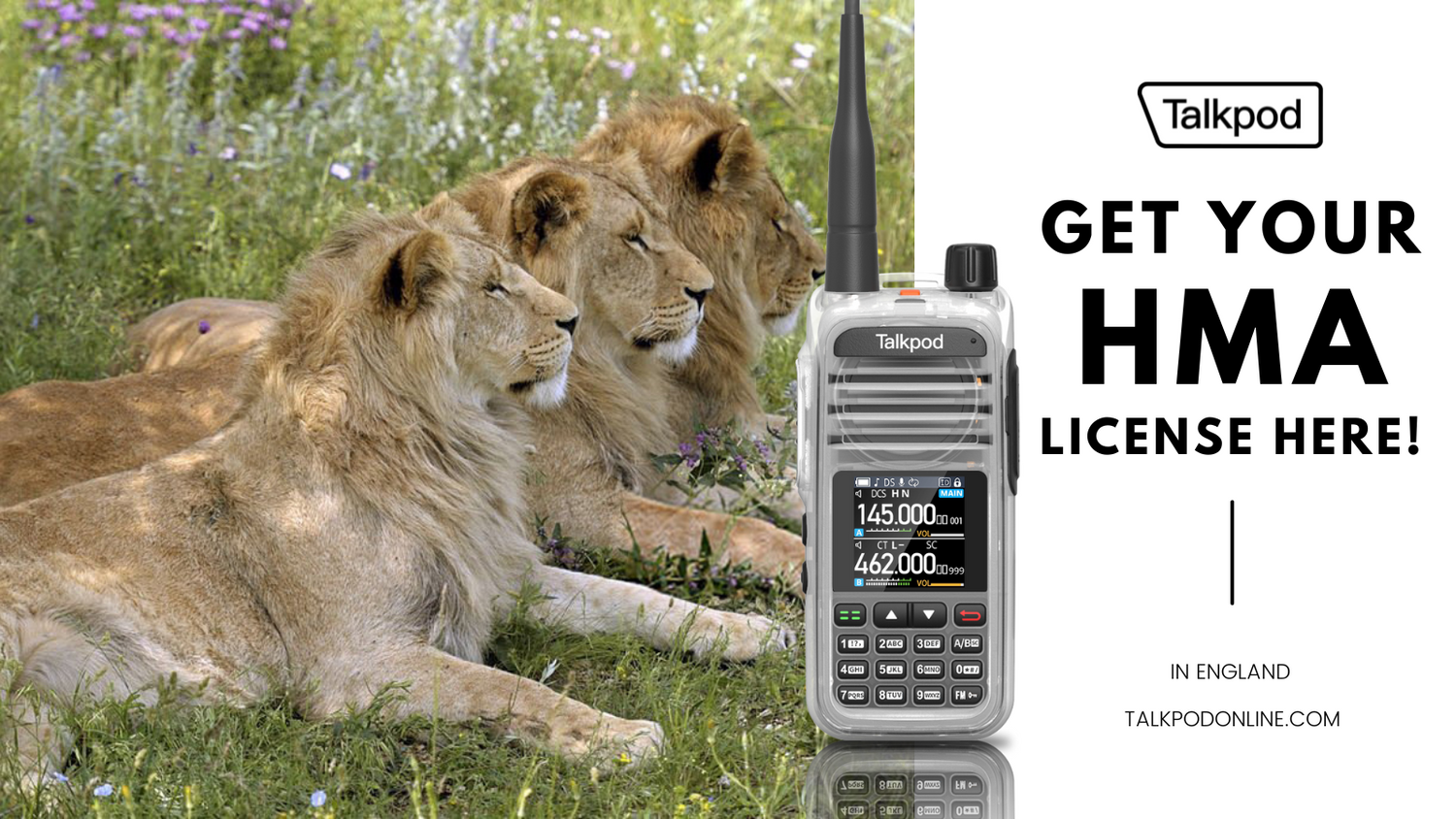
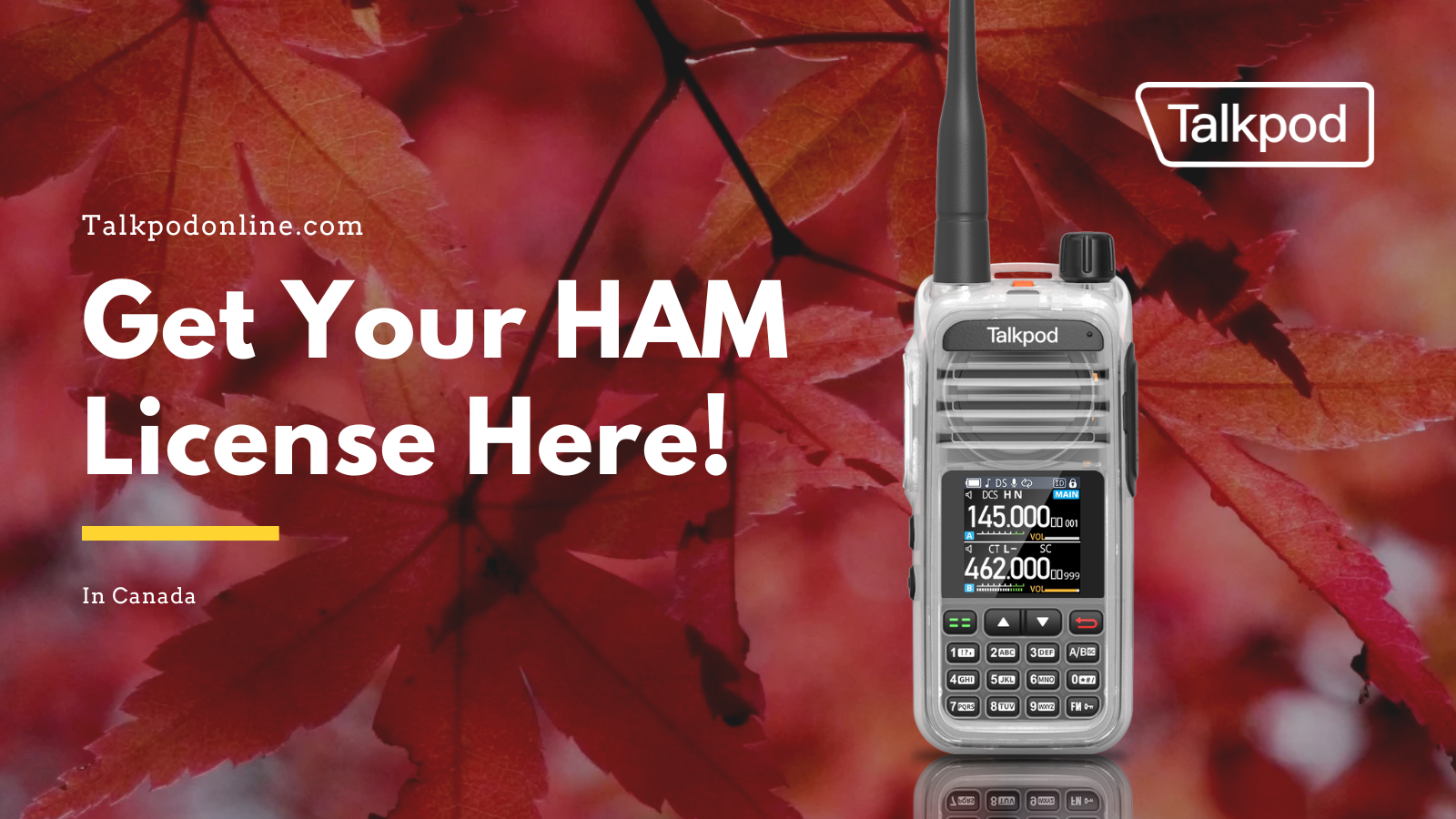

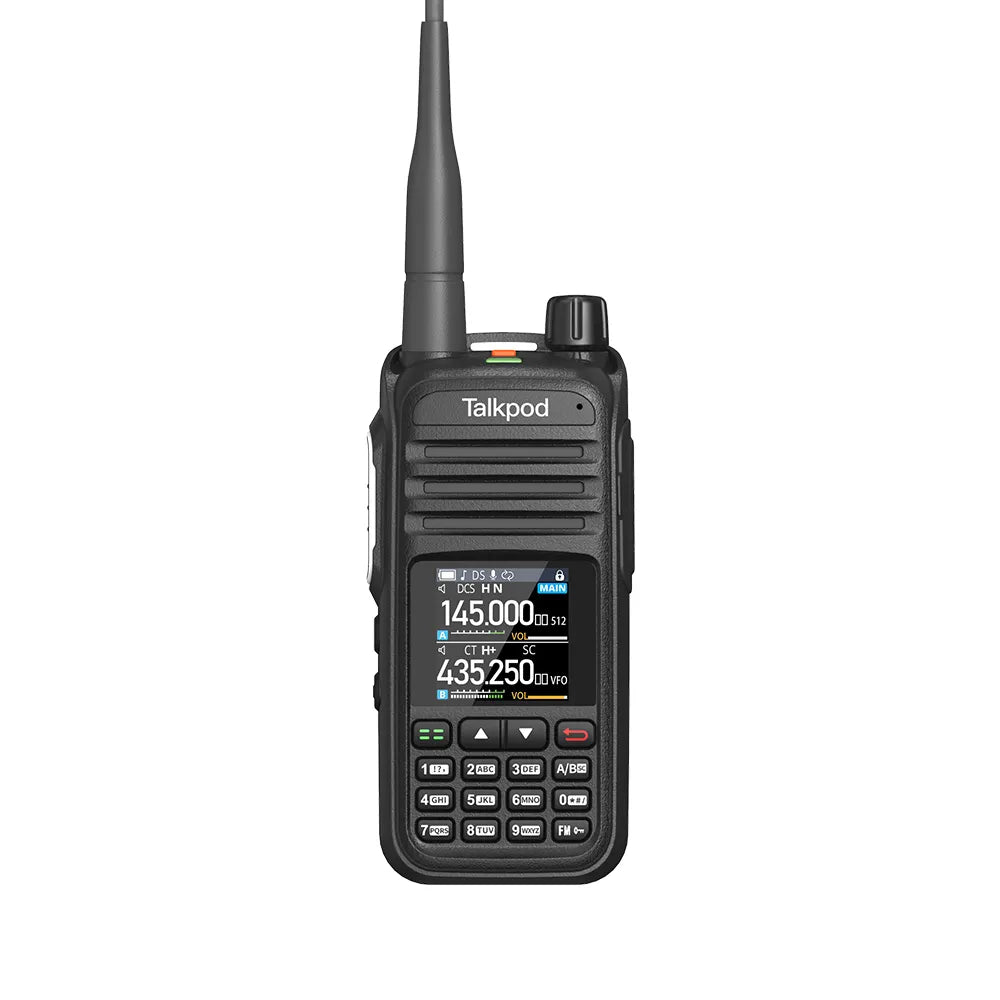
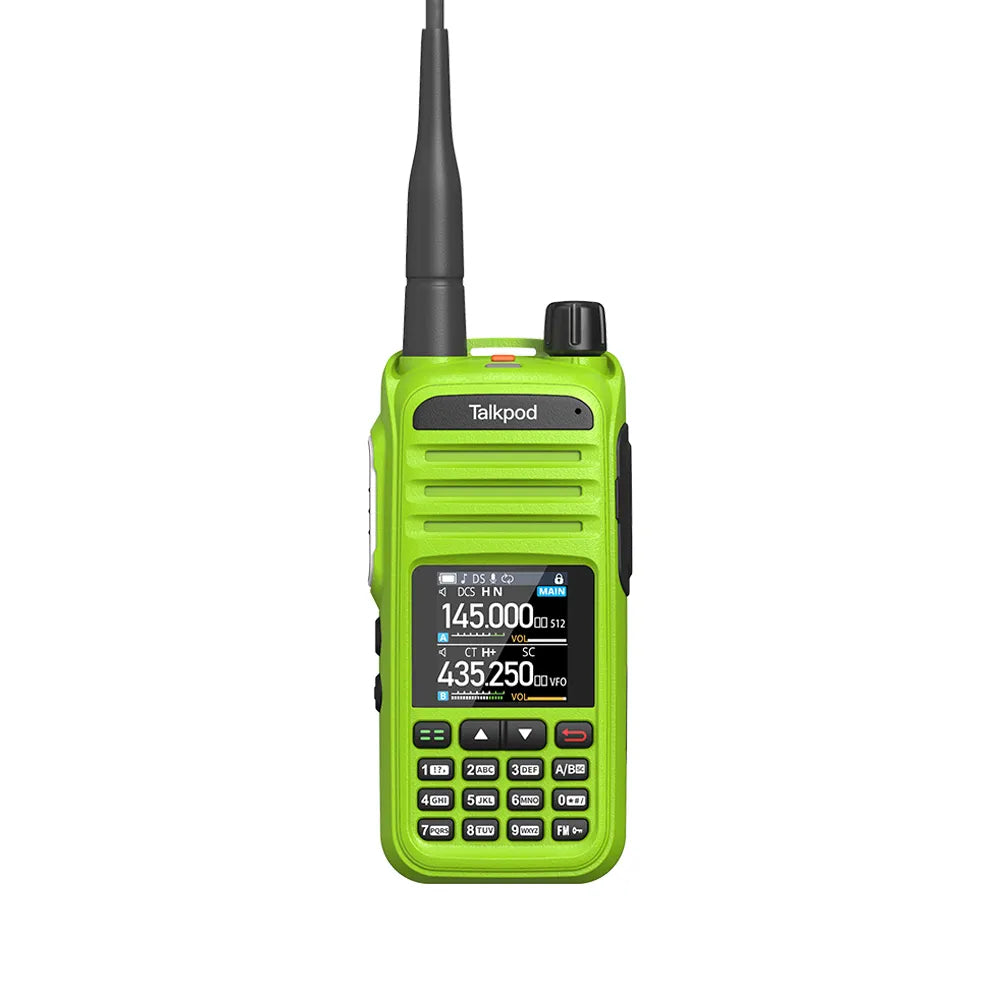
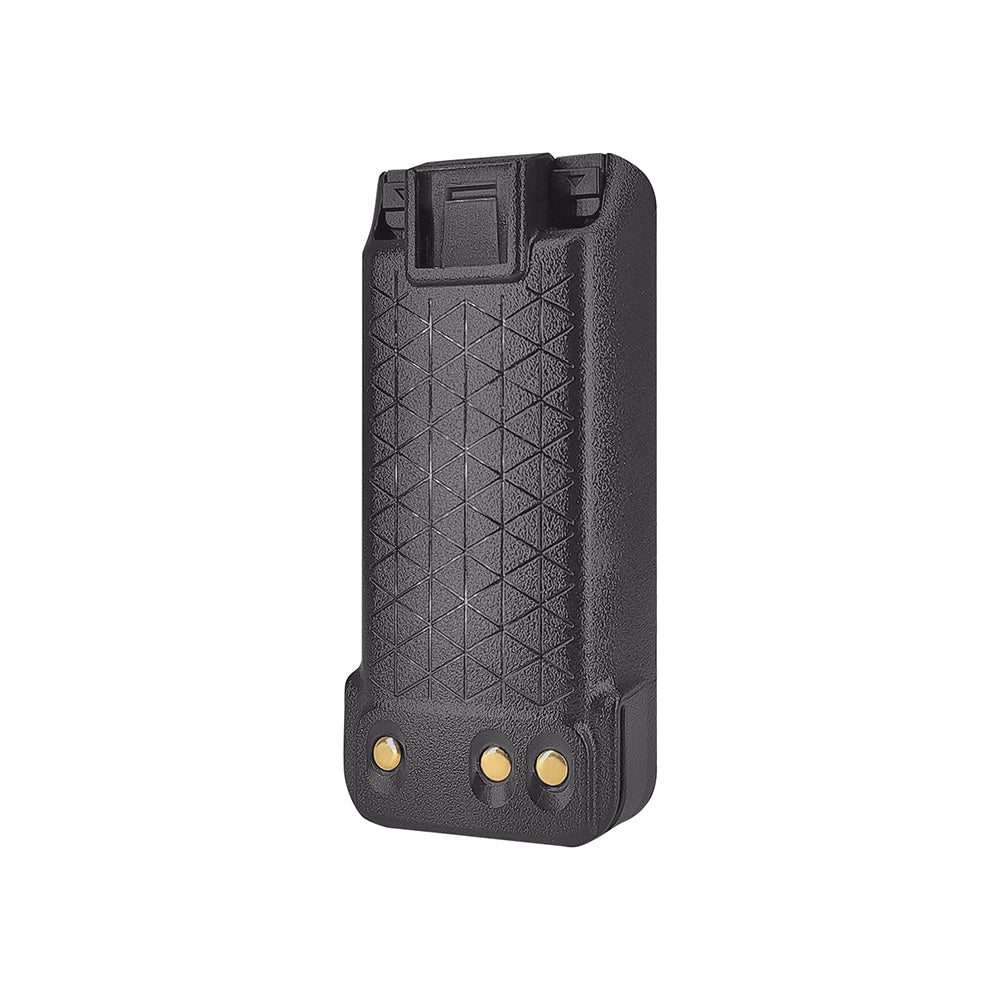
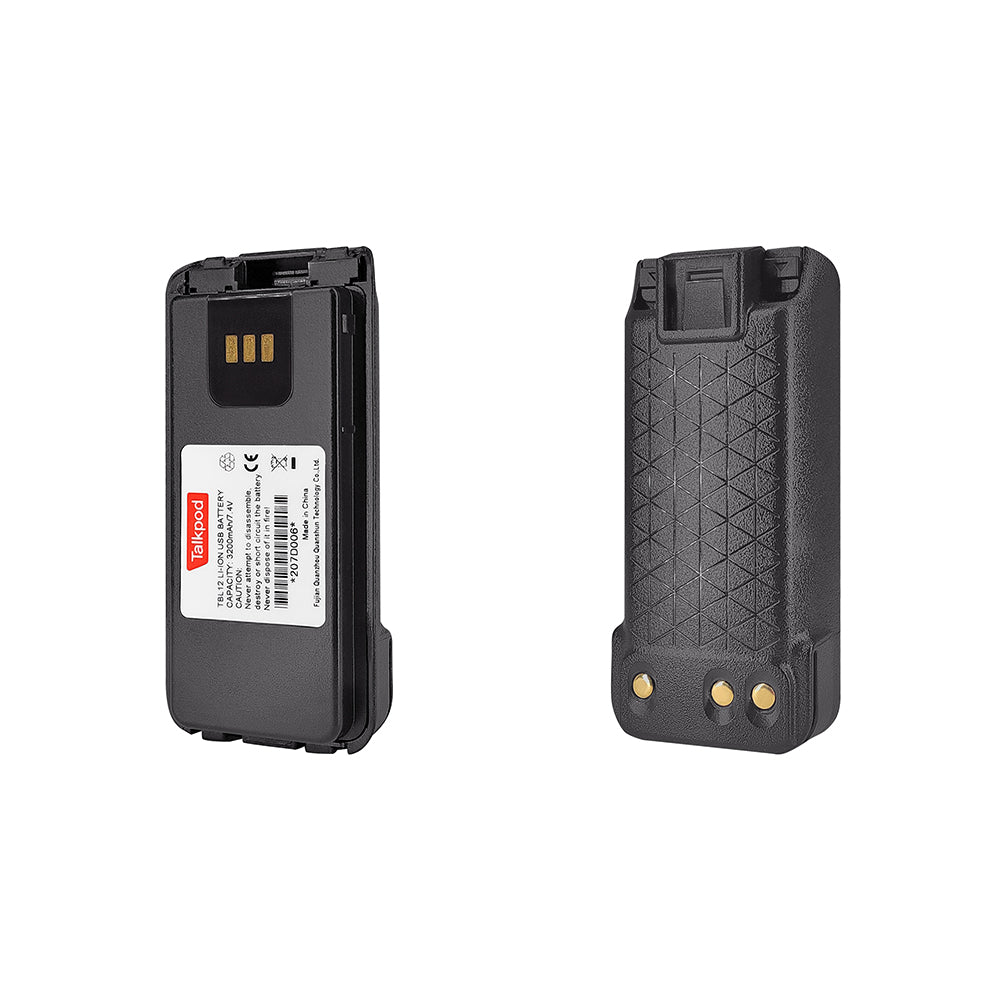
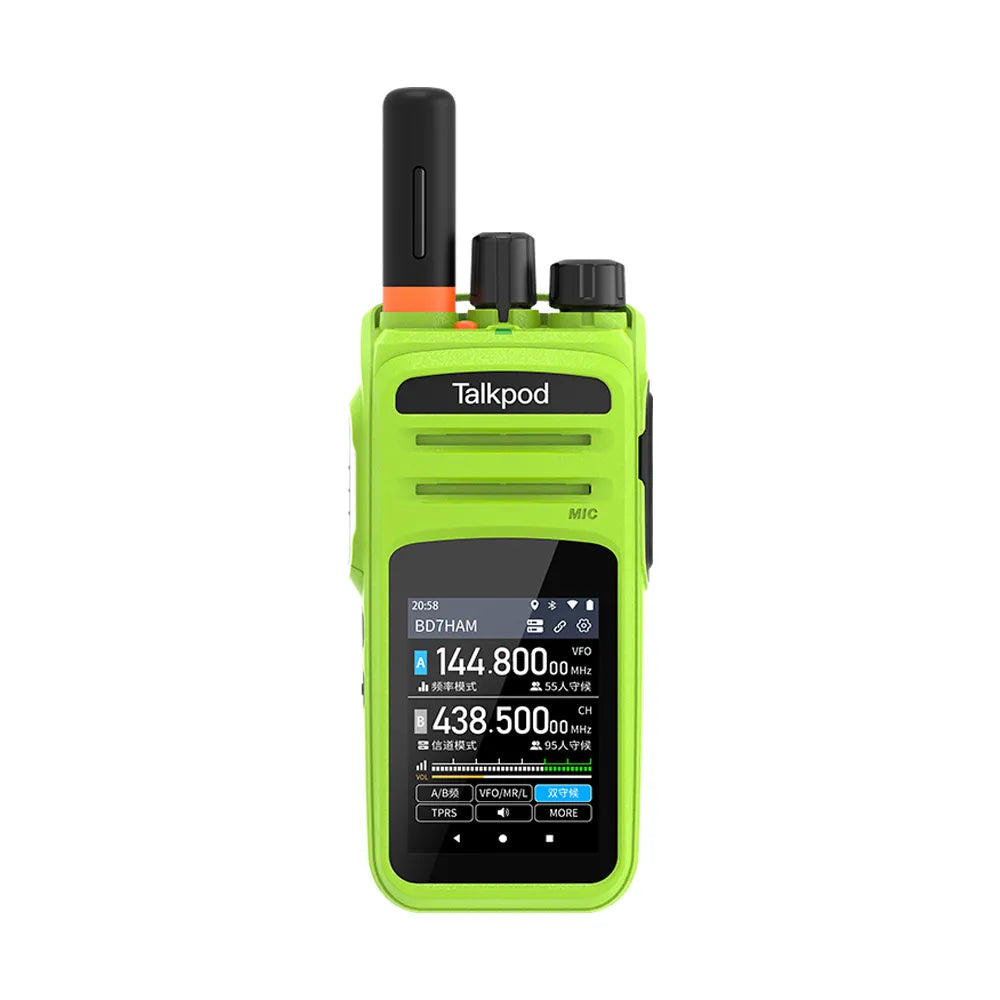
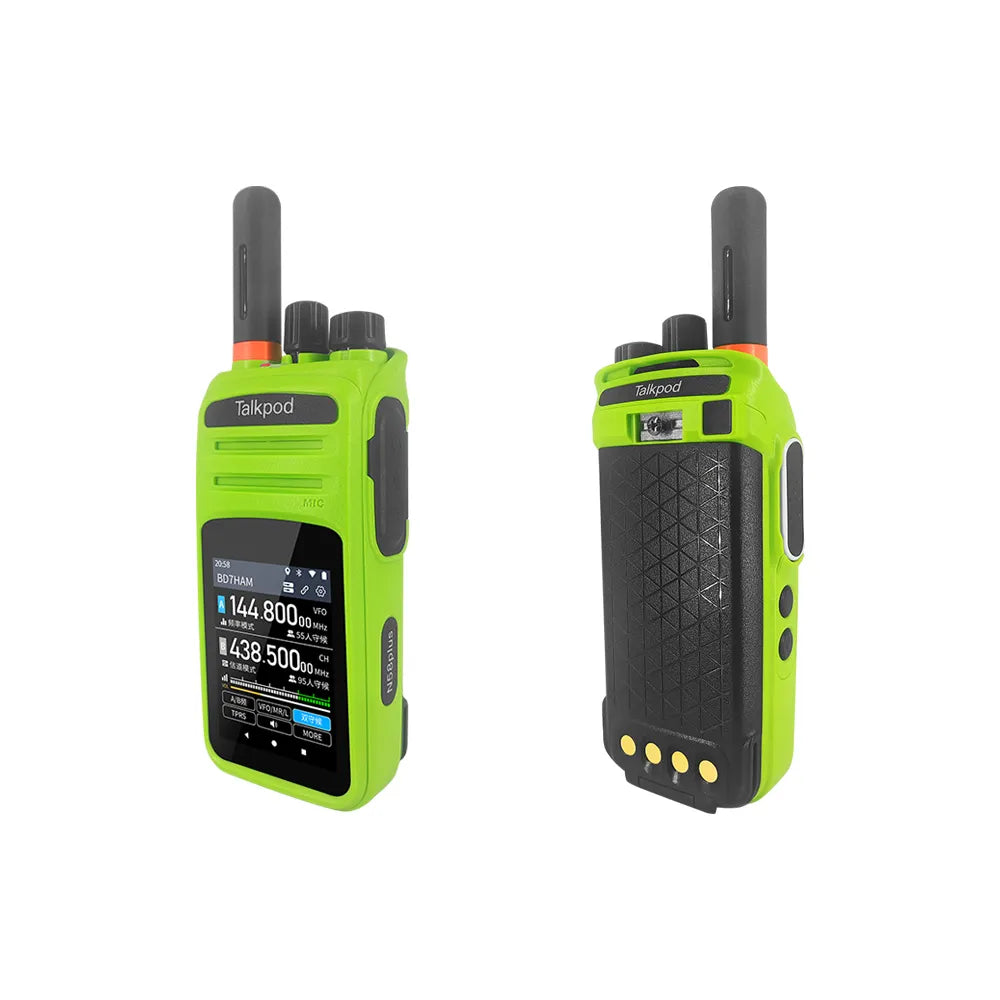
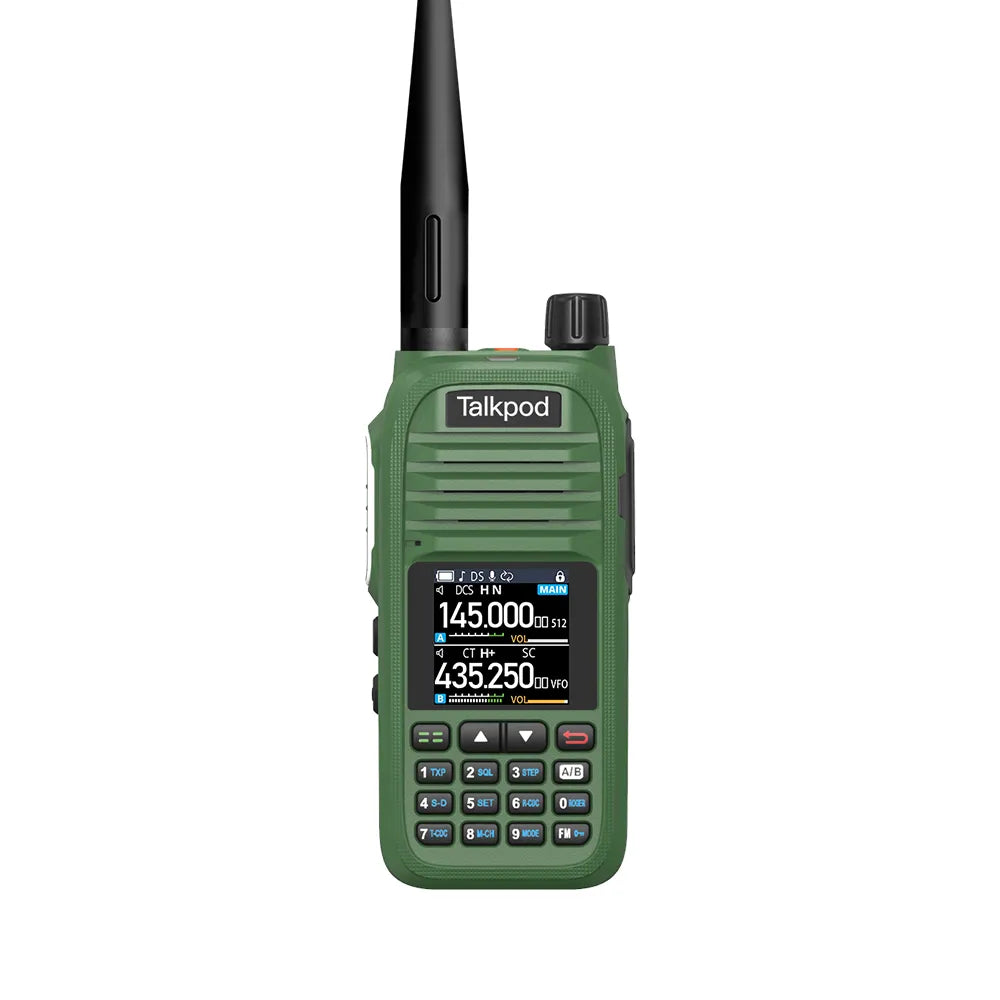
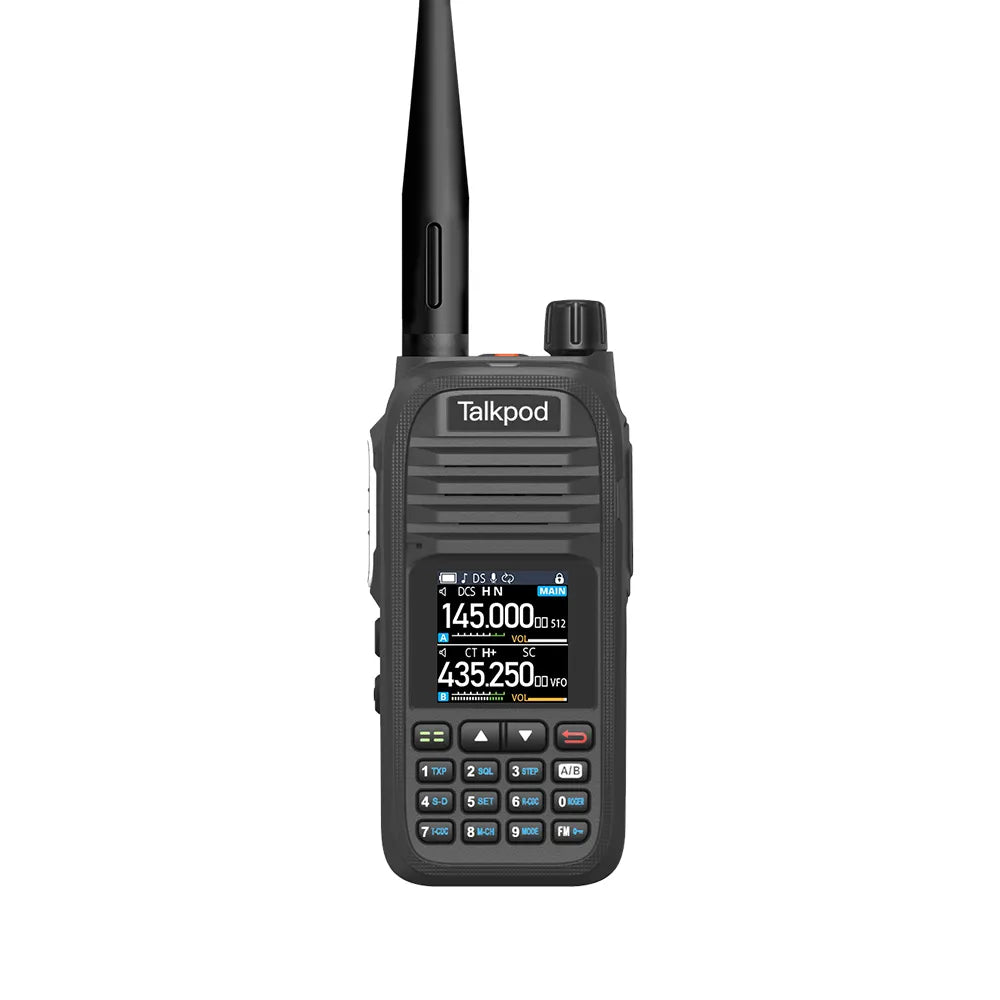
Leave a comment
All comments are moderated before being published.
This site is protected by hCaptcha and the hCaptcha Privacy Policy and Terms of Service apply.